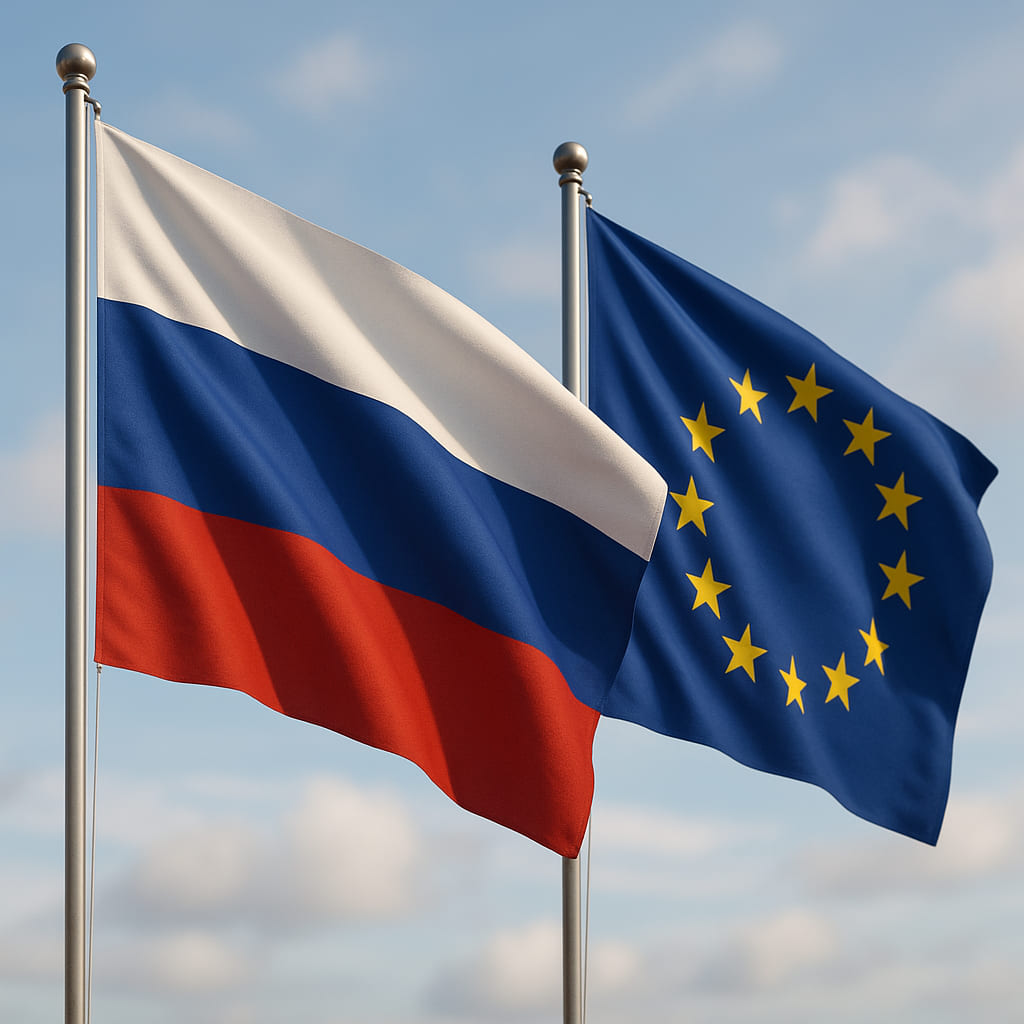EU-Russian Relations: Moscow lays down its Conditions

Relations between Russia and the EU are becoming tense. Over the last few years, the differences have mainly been ascribable to the political sphere. From the start of his term in 2001, President Vladimir Putin went to great lengths to establish or re-establish State control over all bodies and practices intended to consolidate the emerging democracy in Russia. The current political situation makes it difficult to ensure the liberal operation of institutions, which can lead to certain management problems for Russia’s European partners, who have to conciliate democratic values and economic pragmatism. Since recently, Russian-European tensions have spread to the strategic energy sector. The recent gas crisis in Ukraine casts considerable doubt over the reliability of supplies from Russia, in the eyes of Europeans.
Since 2000, the partnership has never truly had any political consistency, despite the many declarations of good intentions. Indeed, relations have been running in slow motion. Therefore today it is not only a question of bringing the initiated dialogues to a conclusion, but also of giving fresh impetus to EU-Russian relations. The EU in particular seems to have become aware of this twofold need for the revival and materialisation of joint projects, as can be assumed from the European Commission’s initiative to conclude a cooperation framework agreement with Russia by 2007 in the field of energy.
The Kremlin, which understands that part of its future is linked to the framework of renewed relations with the EU, does not intend to have its actions and the terms of its commitment dictated. Moscow is establishing the conditions for an ambitious partnership with Europe. The Union, however, is not afraid of Russia or of negotiations that could prove to be sensitive. It has means of applying pressure, especially commercially speaking, for a partner that is at times overly demanding. That said, the terms of diplomatic “bargaining” should not be reduced to the all-too-obvious dichotomy of economic prosperity against political openness. To this must also be added the need for efficient energy dialogue and the formalisation of a European foreign policy (or European neighbourhood policy) whose geographical dimensions correspond exactly to the Russian “near abroad”.




